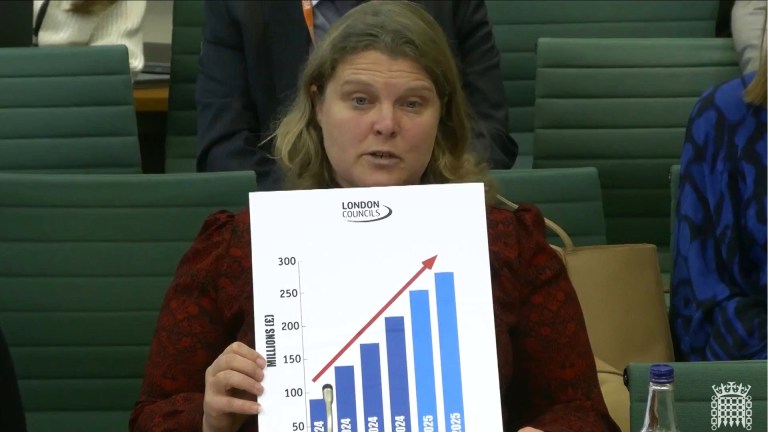The report comes at a time when half of life-long mental health problems show their first signs by the age of 15, and three quarters by the age of 25.
It also outlines that access to appropriate mental health support and treatment is a lottery for young people, and by 2021 only a third of young people in England facing mental health difficulties are likely to have access to the support and treatment they need.
Currently, only seven pence in every pound the NHS spends goes on children and young people’s mental health, while poor mental health costs the taxpayer an estimated £105 billion per year.
As a result, the report’s authors – Prof Paul Burstow, Dr Karen Newbigging, Prof Jerry Tew, and Benjamin Costello, all of the University of Birmingham – is calling for funding and the creation of a 10-year Government Grand Challenge that focuses on investing in a resilient generation.
It is hoped that the plan will be shaped by Public Health England, local government and Innovate UK to close the prevention gap and recognise that mental illness is the single largest global challenge of disease.
Prof Burstow, former Minister of State for the Department of Health, and chair of the University of Birmingham’s Mental Health Policy Commission, said: “We need to increase access to mental health treatment and care for young people. But the scale of the workforce challenge makes it essential that we get serious about prevention too.
“There is already sufficient evidence of what works to increase resilience and reduce the risks of poor mental health amongst our young. It is time to act. By addressing the causes of poor mental health, not just treating the consequences, it is within our grasp to halve the number of people living with life-long mental health problems.”
Public Health England chief executive Duncan Selbie added: “The University of Birmingham Mental Health Policy Commission makes a clear and compelling case for investing in mental health prevention which helps those affected, their families and friends and is good for the economy.”
We want to hear about your fights. Your mental health battles. Cuts that are preventing access, waiting times that are unreasonable, delays, of skewed rules standing in the way. Share your story, anonymously or not. We want to listen. Email us at editorial@bigissue.com, tweet us @BigIssue or get in touch via Facebook.
Image: iStock










